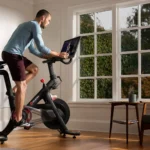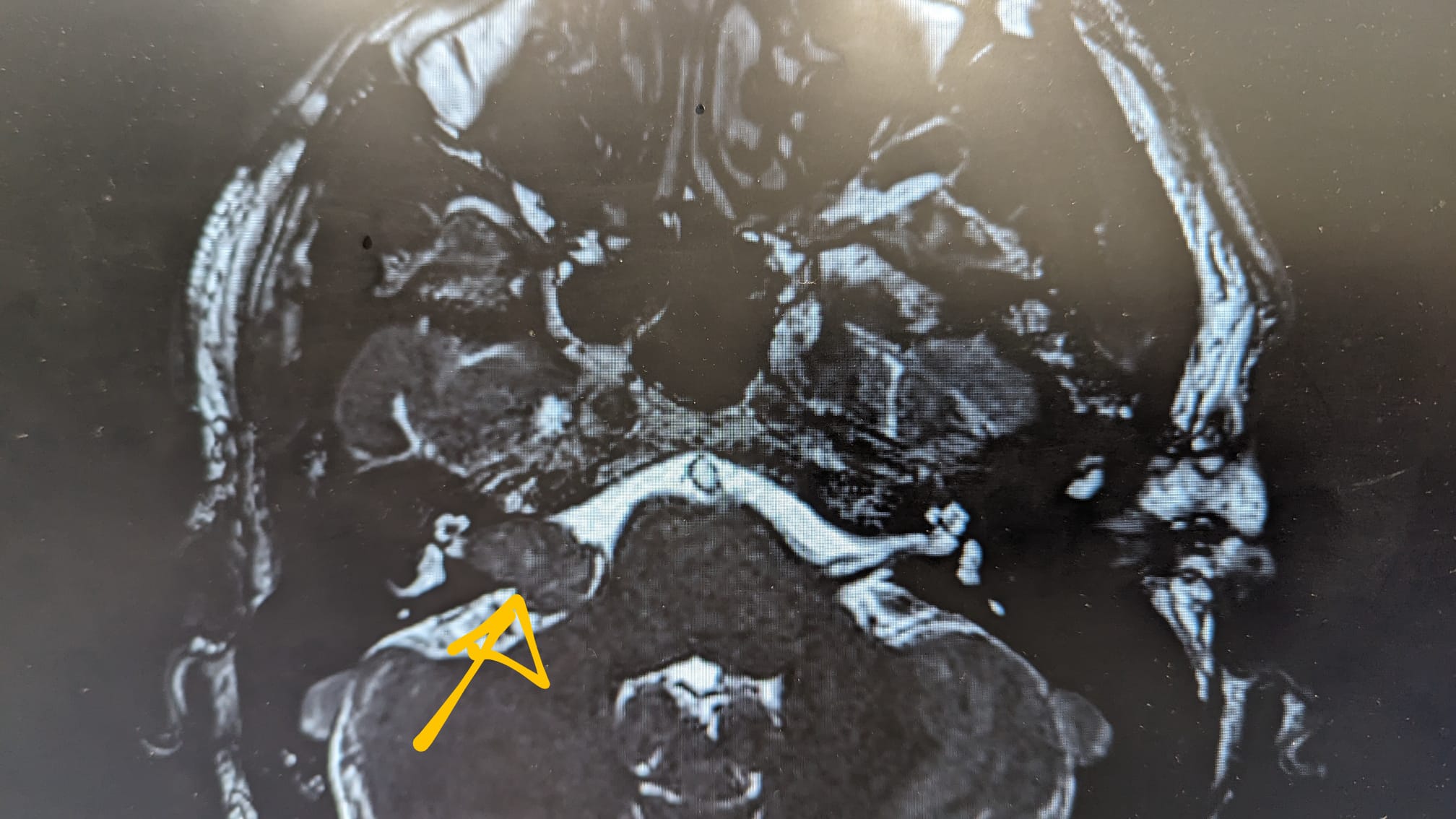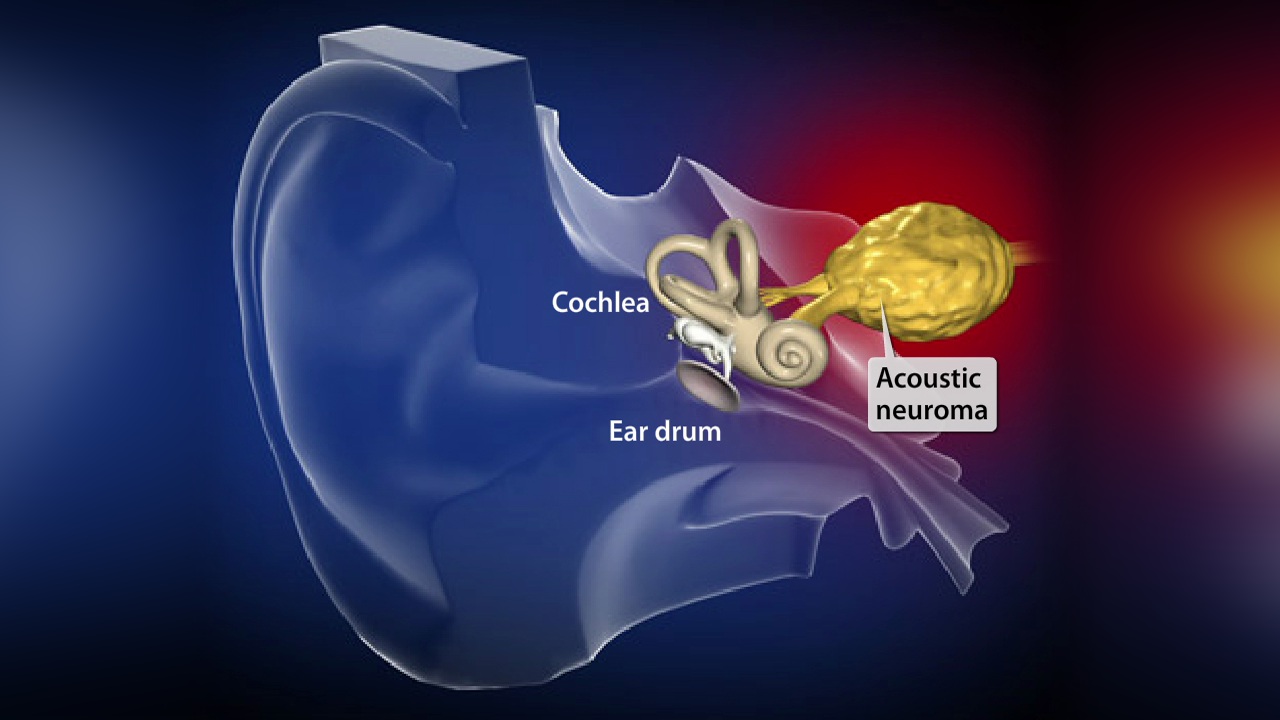
Coping with Tinnitus: Strategies That Help Me Stay Focused
Living with tinnitus has been one of the most unexpected challenges I’ve faced in recent years. My journey began with the diagnosis of an acoustic neuroma in December 2023, a benign tumor located on the right side of my brain that has resulted in constant ringing in my right ear. While the tumor itself remains under monitoring, the tinnitus is a constant companion that I’ve had to learn to live with.
Table Of Content
If you’re like me and suffer from tinnitus, you’ll know how disruptive it can be to daily life. The constant buzzing, ringing, or hissing can make it difficult to concentrate, work, or even relax. But over time, I’ve found strategies that help me manage this condition and stay focused, whether I’m in a meeting, exercising, or simply trying to unwind at home.
1. Mindfulness and Acceptance
One of the most effective ways I’ve learned to cope with tinnitus is by practicing mindfulness. Initially, I resisted the sound, focusing on how frustrating it was. This only made it worse. Over time, I’ve embraced mindfulness techniques that involve accepting the sound rather than fighting it. I now dedicate time each day to meditation, where I focus on my breathing and acknowledge the sound without attaching negative emotions to it. This has helped me desensitize myself to the ringing, allowing it to fade into the background.
Tip: I use the Peloton App for meditation, which offers guided sessions that help me focus on breathing and relaxation. Even just a few minutes a day can make a significant difference.
2. Background Noise and Sound Therapy
Silence can amplify tinnitus, making the ringing more noticeable and harder to ignore. I often use background noise to mask the sound, particularly when I’m working or trying to fall asleep. White noise machines, nature sounds, or even soft music can provide relief. When I’m at work or concentrating on a project, I find that having a quiet, steady hum of noise helps me stay focused and reduces the prominence of the tinnitus.
Tip: Experiment with different soundscapes. For me, ocean waves and rainfall sounds work wonders, but for others, it might be classical music or the soft hum of a fan.
3. Staying Active
Physical activity has always been an essential part of my life, but since my diagnosis, it’s become even more important for my mental and physical health. Whether I’m paddleboarding, running, or hopping onto my Peloton for a workout, exercise distracts my mind from the tinnitus and helps reduce stress levels, which can worsen the symptoms.
During those moments of intense physical activity, I’m entirely present—focused on my breathing, movement, and surroundings. It’s like an escape from the constant noise. Plus, exercise releases endorphins, the body’s natural stress relievers, helping to lower the overall impact of tinnitus on my mental health.
Tip: Find an activity you enjoy that keeps you moving and helps you focus on the present. It could be a gentle walk, yoga, or a more intense workout—anything that takes your mind off the ringing.
4. Structured Work Environments
As a Strategic Business Manager, focus and efficiency are essential. I’ve found that creating a structured work environment helps mitigate the impact of tinnitus on my productivity. I’ve set up my workspace in a way that promotes concentration, with minimal distractions and low-level background noise playing during busy times. I also take frequent breaks to prevent fatigue, which can make tinnitus worse. Stepping away from the computer for a few minutes, stretching, or practicing breathing exercises can help reset my focus.
Tip: Keep your workspace organized and create routines that allow for short breaks. Integrating moments of calm and mental reset can make a big difference when tinnitus becomes overwhelming.
5. Using Technology to My Advantage
In today’s world, there are numerous apps and devices designed to help people manage tinnitus. Some apps offer customizable soundscapes, while others provide cognitive behavioral therapy (CBT) techniques specifically for tinnitus sufferers. I use a combination of these tools, depending on the time of day and what I’m trying to achieve.
Tip: Explore some of the top-rated tinnitus management apps, such as “Tinnitus Calm” or “myNoise,” which allow you to create your ideal background noise to mask the ringing.
6. Talking About It
One of the hardest aspects of dealing with tinnitus is that it’s invisible to others. This can make you feel isolated or misunderstood, especially when the noise becomes overwhelming. I’ve found that talking about my experiences with trusted friends, family, or even colleagues has been helpful. It allows them to understand what I’m going through, and more often than not, they offer support in ways I hadn’t expected.
Tip: Don’t hesitate to open up to those around you about your tinnitus. While it might feel awkward at first, sharing your experience can help others be more understanding and supportive.
7. Prioritizing Sleep
Tinnitus can often interfere with sleep, which creates a vicious cycle—fatigue makes the tinnitus worse, and worse tinnitus makes it harder to sleep. I’ve had to be proactive about my sleep hygiene, creating a bedtime routine that involves winding down with calming sounds, reading, or light stretching. Using a white noise machine by my bed has been a game changer, providing a soothing auditory environment that drowns out the ringing.
Tip: Establish a calming bedtime routine, and consider using a sleep app or noise machine that plays gentle sounds throughout the night. This can help you fall asleep faster and stay asleep longer.
Conclusion
Tinnitus may never fully go away, but it doesn’t have to control your life. By implementing mindfulness, sound therapy, staying active, and creating structured environments, I’ve found ways to minimize its impact and stay focused on the things that matter most. It’s a constant journey of learning and adapting, but with patience and the right strategies, it’s possible to live a full and focused life despite the ringing in my ear.
If you’re on a similar journey, I encourage you to explore different coping techniques and find what works best for you. Remember, you’re not alone, and there are ways to manage the noise and keep moving forward.
Please share this article if you like it!
I’m a fitness enthusiast and Peloton addict who loves challenging limits through races, paddleboarding, and life’s adventures. Here, I share milestones, reflections on Acoustic Neuroma, and stories of resilience and growth.






No Comment! Be the first one.